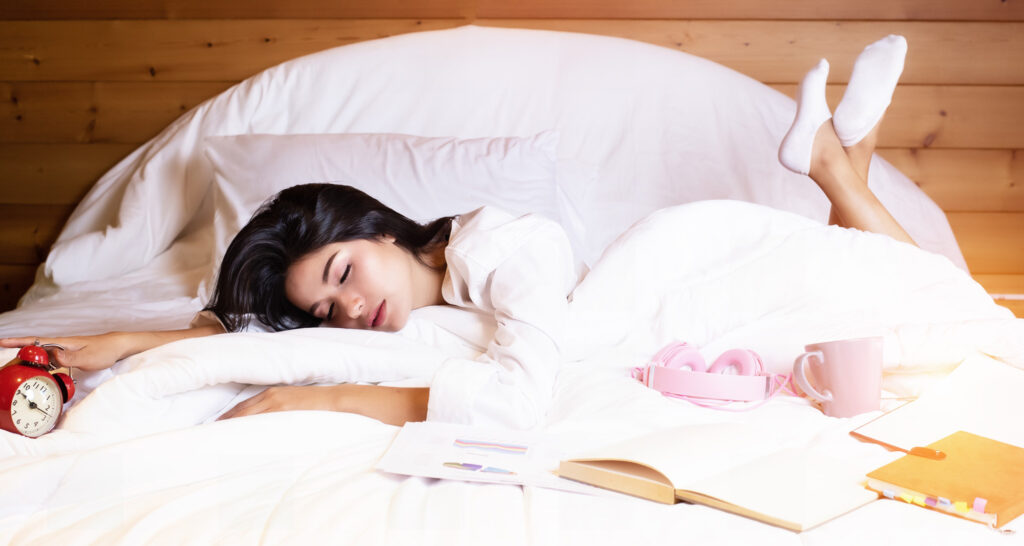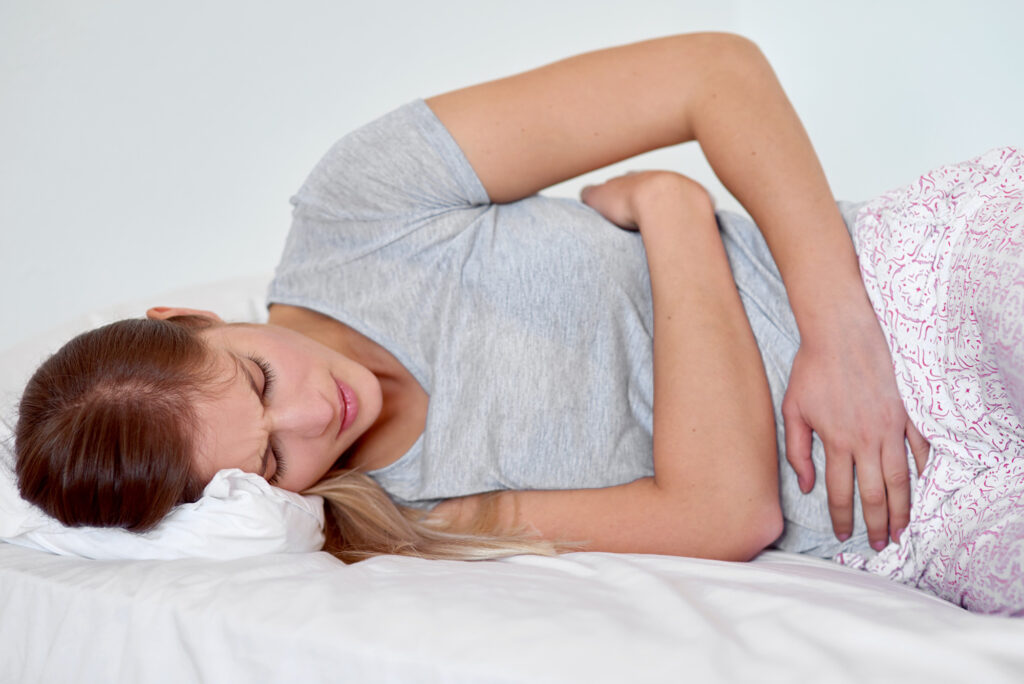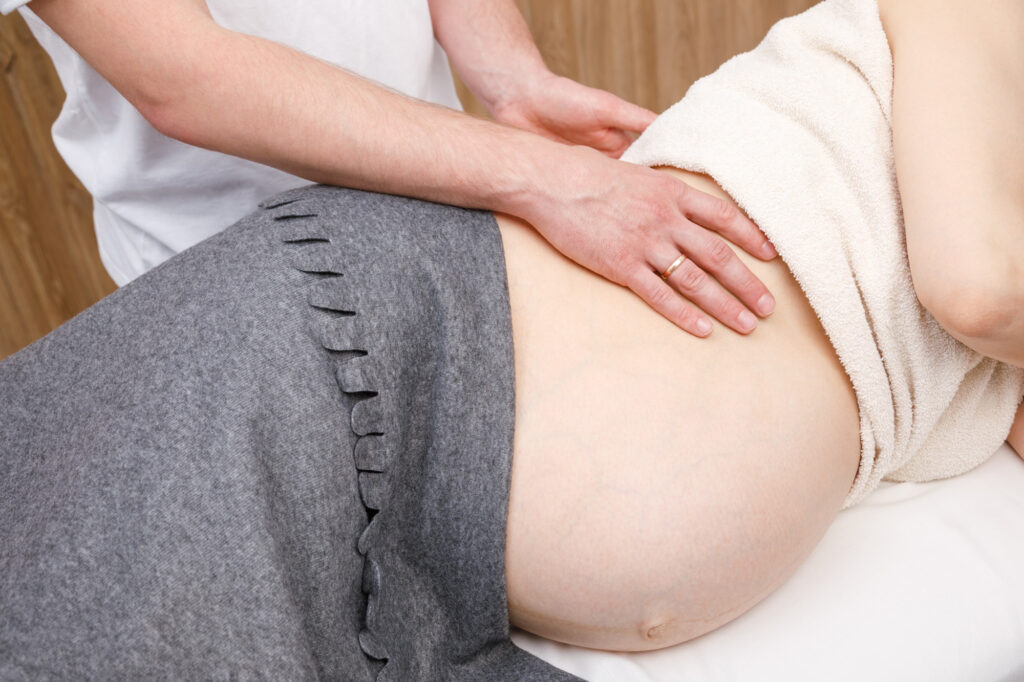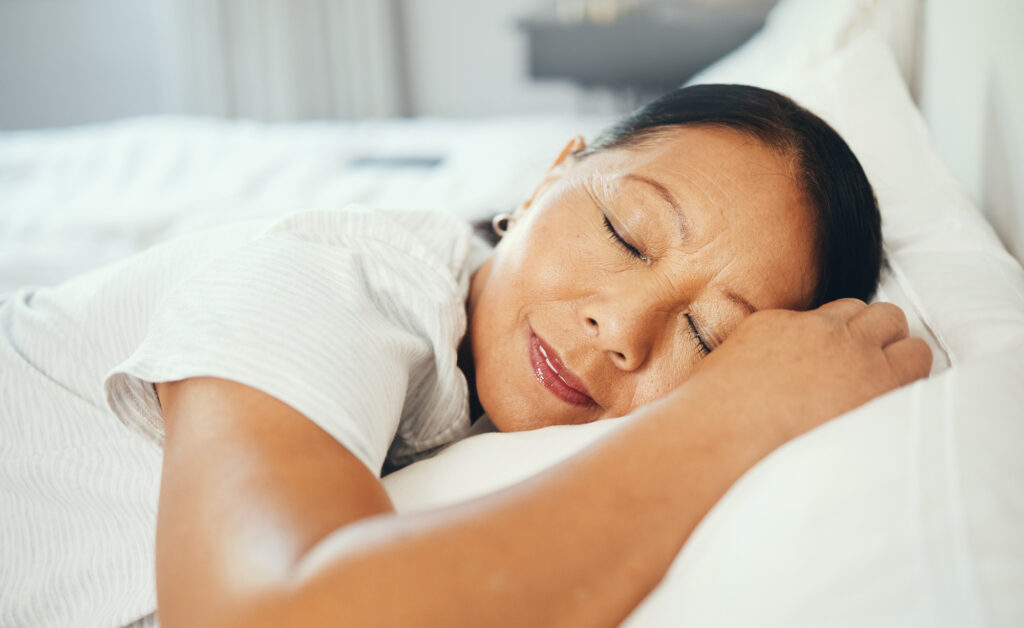Everybody (men, women, teens and children) needs quality sleep—and everyone depends on sleep to support health, healing, memory, and the ability to function well throughout the day.
Why adult men and women both need a recommended seven to eight hours of sleep, how does sleep needs and issues differ from men and women, throughout the cycle of their lives? Both men and women see the need for quality sleep but who needs sleep more? Women win this contest:
“Research suggests that women tend to sleep just a little bit longer than men. Women need on average 11 additional minutes of sleep each night. Studies have shown women fall asleep faster and spend more time in deep sleep, suggesting a greater need for sleep.”
– Sleep Foundation
WHY DO WOMEN NEED MORE SLEEP?

HORMONAL DIFFERENCES:
The several shifts of hormonal changes in a woman increase the need for quality, uninterrupted sleep. The hormonal shifts of menstruation, pregnancy, perimenopause and menopause affect the sleep-wake cycle for women. Another reason is the mental health issues and side effects of hormonal shifts that women experience, including depression, insomnia, anxiety, and pain associated with menstruation, all of which disrupt sleep. Thus women are 40% more likely to experience insomnia, twice as likely to have restless leg syndrome and more prone to poor sleep due to chronic pain.
“Lower sleep quality is associated with anxiety and depressive disorders, which are twice as common in women as in men. Women are also more likely than men to be diagnosed with insomnia, although the reasons are not entirely clear. Recognizing and comprehending sex differences in sleep and circadian rhythms is essential for tailoring approaches and treatment strategies for sleep disorders and associated mental health conditions.”
– Dr Sarah L. Chellappa from the University of Southampton (ScienceDaily.com)
SOCIAL ROLES:
Another factor affecting sleep needs for women is the roles and duties women are more likely to take on, including domestic duties, caring for the children during the day and through the night, as well as social responsibilities and paid and unpaid labor. To back this statement up with research, rather than being in all in a woman’s head, here is a study by the NIH:
“Biomedical and social scientific studies show longer sleep durations for women, a surprising finding given sociological research showing women have more unpaid work and less high-quality leisure time compared to men. We assess explanations for gender differences in time for sleep, including compositional differences in levels of engagement in paid and unpaid labor, gendered responses to work and family responsibilities, and differences in napping, bedtimes, and interrupted sleep for caregiving.”
– NIH [READ STUDY]
MISDIAGNOSIS:
Often women are less likely to perceive and report sleep problems, especially when it relates to the daytime symptoms of fatigue, mood disorders, poor focus, increased accidents, and heart disease. Thus, for women, sleep disorders often go misdiagnosed or undiagnosed. Why is this?
The symptoms of OSA and other sleep disorders are also manifested differently for men and women. Women are more likely to complain of daytime fatigue, initial insomnia, headaches, mood disorders, but less likely to report symptoms like snoring or apneas. (Apneas are temporary cessation of breathing, especially during sleep.)
Men, on the other hand, tend to have more loud or intense snoring, observed episodes of apneas during sleep, waking up gasping or choking for air, inability to focus and mood disorders. When it comes to the accuracy of diagnosis, in the sense their polysomnography results, as well as their symptoms vary from men and hence, while many women are often misdiagnosed. Symptoms of sleep apnea in women are often more challenging to diagnose because they are less likely to experience loud snoring and their breathing problems at night are more subtle. Women also tend to have shorter and less frequent apnea events.
BRAIN ACTIVITY:
Women may use more of their brains than men, and multitasking can be mentally and emotionally draining. Women tend to have a larger hippocampus, with a higher density of neural connections. As a result, females take in and absorb more sensory and emotional information than their male counterparts. All that additional brain activity, reasoning, interpreting and sometimes overthinking causes increase mental and physical fatigue.
“It has also been shown that male brains use more grey matter (information and action-centered areas of the brain) when processing information, while females use more white matter (which governs “higher order” reasoning and thinking). This is why females tend to be better at multi-tasking, are usually better at interpreting emotions, and seem to have ‘women’s intuition’.”
– Michael Shapiro, Ph.D. of Southern Regional AHEC
As a women ages, experiencing several changes in her hormonal makeup, various physical and biological factors affect sleep quality, from menstrual cycles, pregnancy, perimenopause and menopause.
MENSTRUATION AND SLEEP

Hormonal changes before, during and after menstrual cycles can also cause sleep disturbances or poor-quality sleep. Estrogen levels fluctuate twice during the cycle, rising during the mid-follicular phase and again during the mid-luteal phase. Progesterone becomes the dominant hormone during the luteal phase, which begins after ovulation. If pregnancy doesn’t occur, progesterone levels drop, as well as estrogen, which triggers menstruation. Other hormones involved in the menstrual cycle include follicle stimulating hormone (FSH) and androstenedione.
Amidst other annoying symptoms (mood swings, headaches, bloating, breast tenderness, weight gain, anxiety, sadness, depression, etc), insomnia is a leading complaint of many women during their cycles. How does a woman’s menstrual cycle affect sleep quality? Hormonal changes, such as sudden drops in progesterone, can affect the body’s temperature control, which can in turn impact sleep quality. Experts believe that changes in hormone levels, rather than high or low levels, have the greatest potential to disrupt sleep. Women who are more sensitive to hormonal shifts may experience more significant sleep impacts.
Research has proven the link between falling levels of estrogen and progesterone to reduced sleep quality. The pain associated with menstrual cramps and heavy bleeding can also make sleep more challenging during this time. In particular, women who suffer from premenstrual syndrome (PMS) or premenstrual dysphoric disorder (PMDD), a more severe form of PMS, experience poor sleep more frequently than those without either condition.
“Women with ovulatory menstrual cycles have a circadian rhythm superimposed on the menstrual-associated rhythm; in turn, menstrual events affect the circadian rhythm. Subjective sleep quality is lowest around menses, but the timing and composition of sleep remains relatively stable across the menstrual cycle in healthy women, apart from an increase in spindle frequency activity and a minor decrease in rapid eye movement (REM) sleep during the luteal phase.”
– Baker FC, Driver HS. Circadian rhythms, sleep, and the menstrual cycle. Sleep Med. 2007; Science Direct [READ STUDY]
REPRODUCTIVE HEALTH AND SLEEP
Did you know that poor sleep can increase the severity of your menstrual cycles, as well as impair a reproductive health in both men and women? Sleep deprivation can cause the body to produce too much of some hormones and too little of others, including reproductive hormones like estrogen, progesterone, luteinizing hormone (LH), and follicle-stimulating hormone (FSH). Sleep deprivation can also increase stress hormones, which can disrupt these levels.
“Short sleep duration is associated with irregular menstrual cycles, which may impact reproductive health. Menstrual cycle phase and menstrual-related disorders should be considered when assessing women’s sleep complaints.”
– Fiona C. Baker, Kathryn Aldrich Lee, 2018 NIH study. [READ STUDY]
PREGNANCY AND SLEEP

“Pregnancy can affect sleep quality and duration due to hormonal, psychological, and physiological factors. Pregnant people may experience less sleep, more daytime sleepiness, and increased wakefulness than non-pregnant people, with 80% of women reporting poor sleep throughout pregnancy.” – NIH
For many pregnant women, sleep is evasive with the physical discomfort, changing hormones, as well as the anxiety and excitement experienced prenatally. Some statistics show that at least 50% of pregnant women suffer from insomnia, at the very least. Here are some common reasons:
- Pregnancy symptoms as well as changing hormone levels can cause generalized discomfort that make it difficult to fall asleep or stay asleep: Nausea, Vomiting, Breast tenderness, Increased heart rate, Shortness of breath, Higher body temperature, Frequent nighttime urination and Leg cramps.
- Obstructive Sleep Apnea & Pregnancy: Normal pregnancy weight gain and nasal congestion can lead to snoring, during pregnancy, which may be a risk factor for high blood pressure. And then some develop OSA, which could lead to deficient oxygen flow to the fetus and increase the risk of preeclampsia, gestational diabetes, and cesarean sections.
- Restless Leg Syndrome can make pregnant women have sensations of crawling, tickling or itching that drives an urge to move their legs. RLS is thought to affect 1/3 of women in their third trimester of pregnancy.
- GERD is also known as heartburn or acid reflux which causes pain or burning sensation in the esophagus, especially when lying down or during strenuous activity. This discomfort causes insomnia in all trimesters of pregnancy – 25% experience in the first trimester and up to 35% by the third trimester. Long-term GERD can damage the esophagus.
SLEEP AND PERIMENOPAUSE AND MENOPAUSE
While menopause is a natural biological process that marks the end of a woman’s reproductive cycle, it can cause a host of issues during the transition. Sleep issues are common during the stages of perimenopause and menopause for women, amidst a plethora of other bothersome symptoms which also can interrupt sleep.

“The decline in estrogen and progesterone levels lead to vasomotor symptoms (hot flashes) which can contribute to sleep disturbances, insomnia, increased sleep latency, and decreased sleep efficiency. Women may find an uptick in RLS symptoms, particularly if their transition leaves them with heavier periods and resultant loss of iron. The protective effect of these hormones on the upper airway muscle tone diminishes, leading to an increased likelihood of airway obstruction during sleep (OSA).”
– Sleepedu.org
The hormonal shifts in a woman’s body causes symptoms that can contribute to poor sleep including:
- Hot flashes and night sweats
- Mood changes, such as depression
- Anxiety or racing thoughts,
- Restless leg syndrome
- Increased frequency of urination.
TREATING ALL PATIENTS EQUITABLY AT EVERYTHING SLEEP IDAHO

At Everything Sleep Idaho, our sleep physicians have a combined experience of over 75 years and we fully understand how gender plays a role in sleep disorders. Thus, our approach and process for diagnosis, testing, treatment plans, and sleep hygiene recommendations are unique for each and every patient, whether female or male, young or old, with or without comorbidities. Our approach to Sleep Medicine is focused on the importance of quality sleep and sleep hygiene, and therefore gender and age are taken into consideration for accurate and effective patient care.
Our providers understand that sleep is also essential to quality of life. Sleep plays a vital role in daily functioning, including cognitive performance, concentration, memory consolidation, decision-making, and reaction times. We provide patient education and support to help individuals better understand their sleep disorder and manage their condition effectively. This may include information about healthy sleep habits, medication management, device usage (such as CPAP therapy), and coping strategies for improving sleep quality and overall well-being.
Whether male or female, sleep quality is essential to quality of life. If you’re looking to improve your sleep quality, schedule an appointment now with Everything Sleep Idaho.








